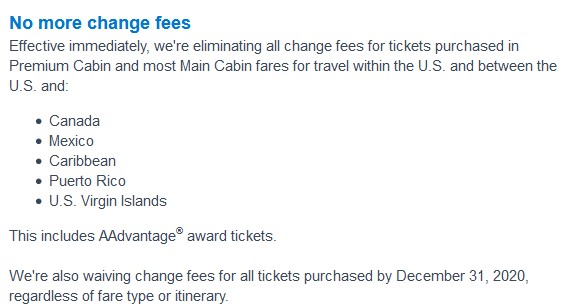It appears that Coca-Cola has been somewhat stung by the criticism leveled at it by their silly support of bad practices, criticism such as:

…created by Yours Truly.
So now they’ve started reversing / backpedaling / retreating:
Coca-Cola, whose CEO denounced the Georgia voting bill, is now striking a conciliatory tone after coming under pressure from conservatives.
The soda giant, which is based in Atlanta, was absent from a list of more than 500 corporations and individuals that signed a statement condemning any election legislation that would “restrict” voters from having “an equal and fair opportunity to cast a ballot.” The missive was placed as a two-page Wednesday ad in the New York Times and Washington Post, with the effort being organized by the Black Economic Alliance.
Coca-Cola said in a statement to the Washington Examiner on Wednesday that the company “had not seen the letter” initiated by the alliance but is “certainly open to hearing their perspective.” It said it has supported the right to vote and that it will assess how to support voting rights.
“We believe the best way to make progress now is for everyone to come together to listen, respectfully share concerns and collaborate on a path forward. We remain open to productive conversations with advocacy groups and lawmakers who may have differing views,” the company said. “It’s time to find common ground. In the end, we all want the same thing – free and fair elections, the cornerstone of our democracy.”
Coca-Cola’s Wednesday remarks are notably less confrontational than its previous statements on the Georgia voting law.
Translated from corporate weaselspeak:
“Even after the New Coke fiasco, it appears that we still haven’t figured out that our primary market is conservative people, who seem to have a problem with a law which allows their own votes to be negated by a truckload of fraudulent votes. Who knew? Anyway, we’ll mark time on this one because we depend on these assholes to maintain our market share in the super-sweet battery-acid drink business.”
Message to all the other giant corporations who are diving into the Sea Of Wokedom, from conservatives like myself:
We may only be about 75 million in number, but we can still do damage to your company by using your products less and less, or else withholding our business altogether.




